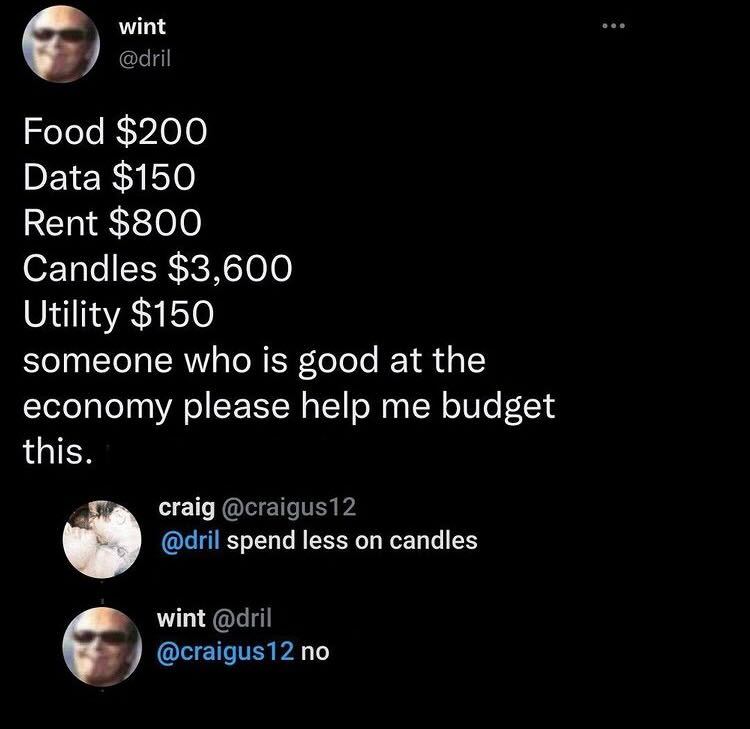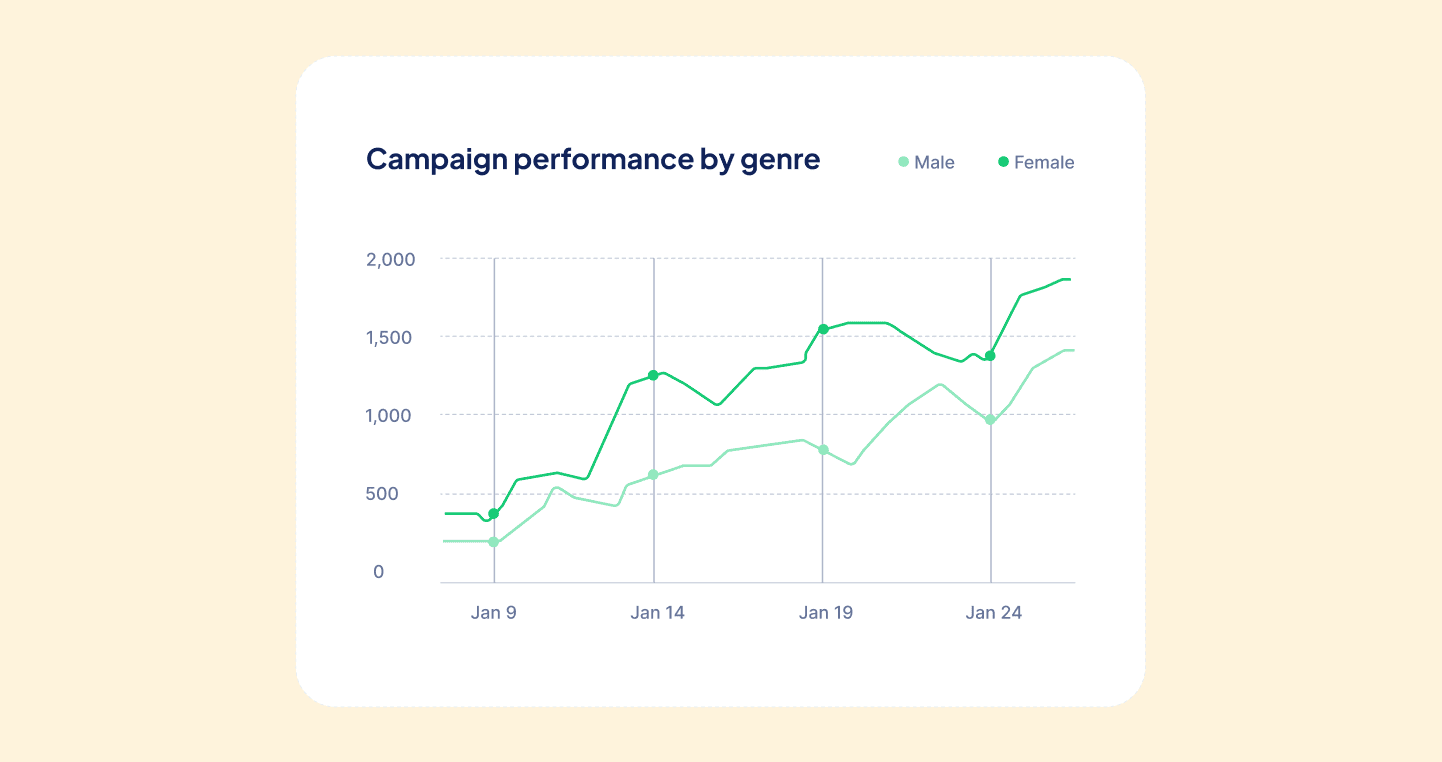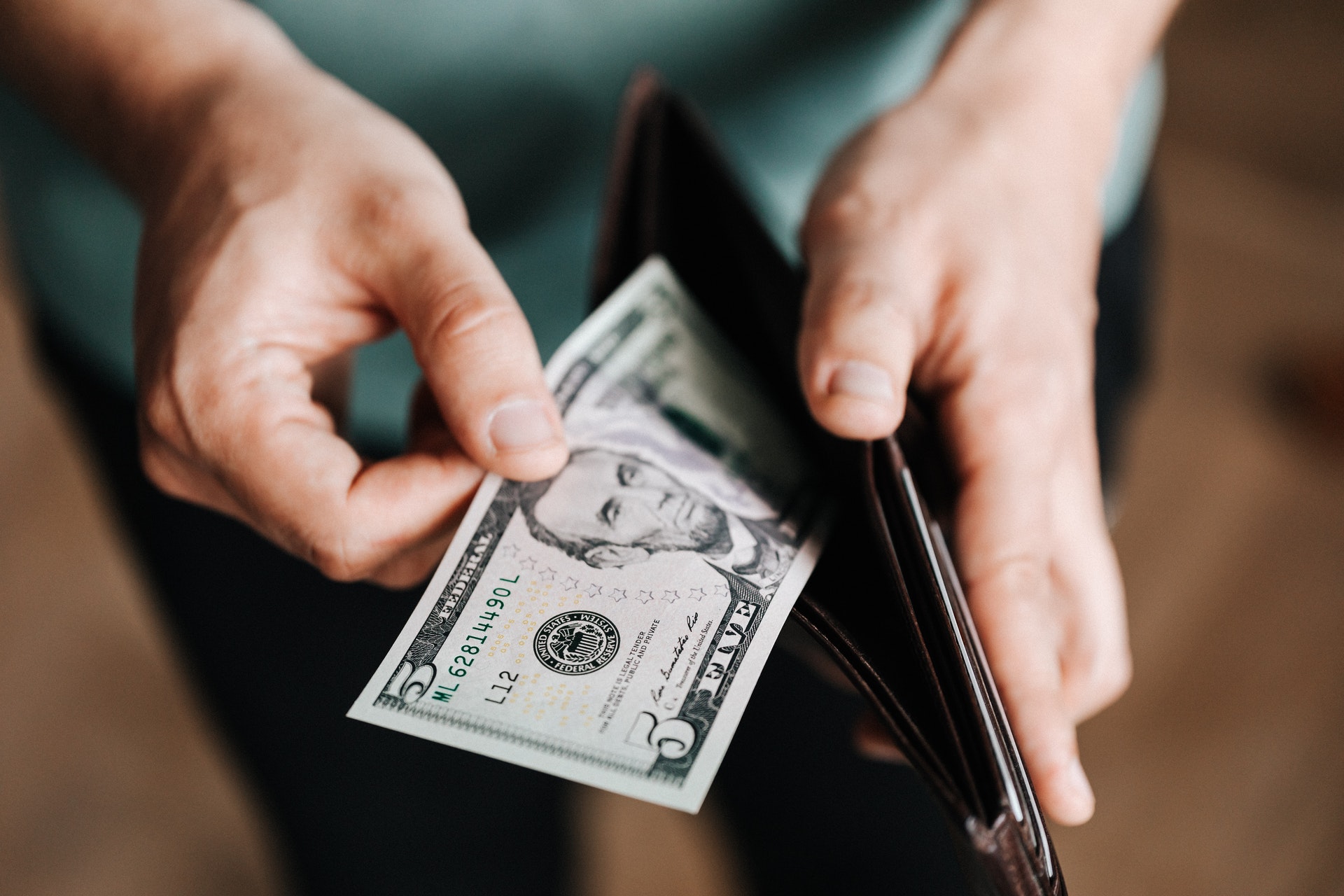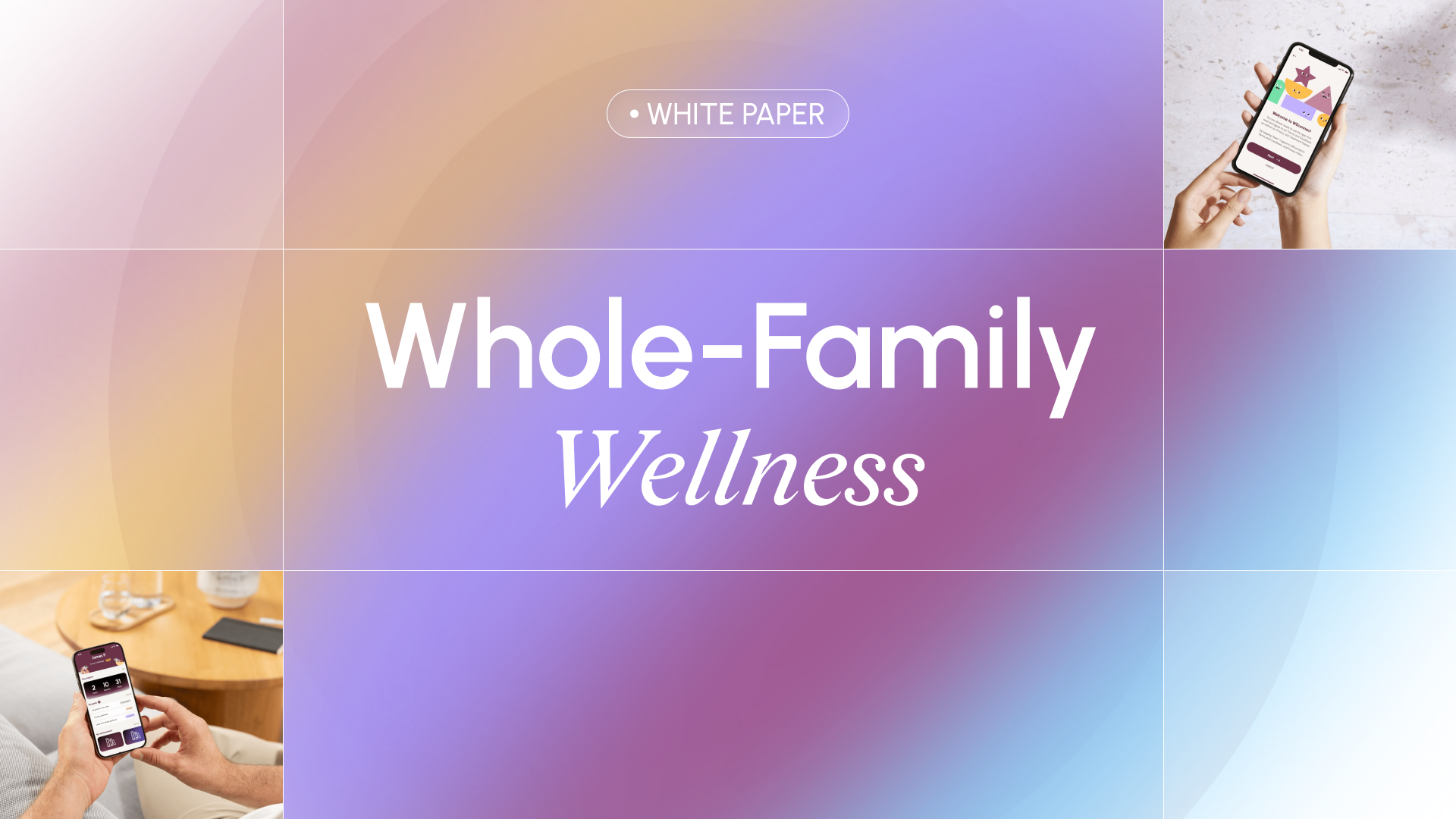I’d like to start off by saying I don’t think of myself as being in substance use disorder recovery. Labels just aren’t for me, and it’s as simple as that. But I did spend the greater share of my 20’s partying, have taken a couple ambulance trips for drunkenly injuring myself, and have had a few difficult conversations with friends about my bad habit of choice over the years. But in 2020, I did change my relationship with substances in a meaningful way. And along with it, my relationship with finances changed, too.
A bit about me: like many others, I decided to quit drinking alcohol during the pandemic. Although technically my “rock bottom” with alcohol came years before, it took that long for me to come around to the idea of changing my relationship with drinking. Yes, it took a variety of factors, including time, for me to make the decision. And yes, that process looks different for everyone! More on that here.
Before we dive in, I’d like to address my inherent privilege, because we can’t have an honest conversation about money without acknowledging that first. When I decided to stop drinking, I was blessed with good health, a stable job, and a livable income. I had a safe place to live. I’m white. Not everyone in early recovery has the privilege afforded by those things, and my advice may not make sense for where you’re at financially or match your wellness journey.
But no matter who you are or where you fall on the substance use spectrum, I want you to know that your outlook is positive. More than 1 in 10 Americans report once having a problematic relationship with substances and overcoming it. 3 out of 4 people with a substance use disorder will successfully recover. Natural recovery, the most common form of recovery, is also the least publicly acknowledged.
Bottom line: most people with substance use disorder will recover. That’s not just a fact, but a future anyone can work toward. Just know that you know yourself and your goals better than anyone and you can trust yourself to know what’s right for you.
Now let’s talk about money. Finances and recovery are deeply connected. According to MoneyGeek:
“For people who have a substance use disorder, the costs can make an immediate and dramatic impact on their lives. Using alcohol as an example, if you drank heavily every night (an average of 4 drinks a night) at an average cost of $3 a drink, you’d spend more than $4,300 a year. That’s the cost of a used car, and after five years of this behavior, it can be the cost of a new car.”
That’s a lot of money, y’all. If you’re in some form of recovery, you’ve probably already noticed you’re saving some bucks.
But we are also in a time of major economic uncertainty, with inflation outpacing wage hikes and essentials like groceries and gas soaring to new price heights. As they say, being poor ain’t cheap. While the pandemic may have made it easier for some to save money during lockdowns, it’s harder than ever for most people to make ends meet right now. 64% of Americans live paycheck to paycheck. A lot of folks (including me) struggle with financial guilt for a slew of reasons – which doesn’t make the subject easy to address. But there are sustainable ways to shore up your future… and the best time to do that is now.
Financial wellness is a big part of overall wellness, and if you’re newly sober, have changed your relationship with a specific substance, or are moderating, those accompanying savings can propel you toward a healthier chapter. So it’s good to make sure you’re building positive habits along the way!
Here are some tips for improving your financial wellness.
1. Learn when to invest in something...
Phases happen! Now that you have changed your relationship with substances, you’re probably exploring or rediscovering a whole new world of interests and/or hobbies. Some of those may stick around, but some won’t. It’s good to notice your changing tastes as they develop over time so you can spot patterns in your spending habits. When you can ID which items you’re spending a lot of money on, you can start thinking about ways to either cut down on those costs or invest in the Really Good™ version of that thing (which you absolutely should do if you use something a lot).
Here’s my own example: I replaced beer with seltzer in my evening wind-down ritual, and very soon after, my seltzer habit ran amok. I’ve spent the better part of a year deciding which brand/flavor I like best… well, the jury’s still out and I’ve spent a lot of money puzzling over this. If I had simply accepted my newfound seltzer obsession and noticed how much I was spending on it sooner, I could have bought a Sodastream and saved myself a lot of money (and greatly reduced my aluminum waste impact). TLDR: Invest in the thing that you love!
2. …and when to let it pass.
A word of caution, though: make sure you really love something before you invest too much money in it! Hobbies and super niche kitchen appliances are notorious for buyer’s remorse. Take knitting, which can be an expensive hobby. If you buy all the materials you need to take up the hobby upfront and later decide you aren’t that into it after all, you may be disappointed (and stuck with a lot of yarn you’ll never use).
Avoid future regret by being mindful beforehand! In the case of hobbies, try the activity multiple times and reach out to friends who enjoy that same hobby to make sure it’s for you. They’re best shared anyway!
3. Even if it’s just a dollar a day, start saving. Now.
When you are no longer spending part of your day-to-day income on substances, you may find yourself with somewhat heavier pockets than you’re used to. That was one of the biggest benefits I got from not drinking, and one of the biggest things I needed to mentally adjust to. I can’t tell you how many farmer’s market candles I bought for myself, family, and friends – ask anyone, I was obsessed with literally burning my money away.

But eventually, the instant gratification of drinking (and impulse spending, quite frankly) was replaced by the gradual, increasing satisfaction of seeing my savings grow substantially – something I aspired to but never achieved when I was operating in survival mode. Now I know that if an emergency happens, I am going to be alright. That’s the peace of mind I wish I could give to everyone. So yes, even if it’s a relatively small amount, try to save a little bit of money every day. Your future self will thank you!
4. Take the time to build a realistic budget based on your actual spending.
An aspirational budget is a useless budget. This is the number one mistake most people make when trying to make financial plans: budgeting too optimistically. I’m guilty of this several times over. As they say, you gotta reality check your expectations. Take it from an optimist who now believes the best future is one you can realistically get to: make sure you have a good handle on your spending habits and patterns before you try to make a budget! There are a lot of free resources out there just a few clicks away. The Mint app can help you track and manage your spending, and it’s totally free.
Once you’re at the “actually make budget” step of the process, here are some healthy guidelines for you to try out: the 50/30/20 budget. It breaks down like this: 50% of net pay for things you need, 30% for things you want, and 20% for savings and debt repayment. Of course everyone’s financial situation is different, but that 20% is an important key. Remember that your wants and needs may fluctuate based on your income or circumstances, but understanding what that 20% looks like for you is foundational to building a good budget. Here’s a free budget calculator from NerdWallet you can use to see what that looks like for you.
5. Automate your savings habits. Automate your utilities. Automate everything!
As mentioned, I am coming from a place of privilege as I write this. I am blessed with good health, a stable job, and a livable income. Not everyone has those things, which can make this seem like an inaccessible tip. But as unlikely as it may seem now, the day may come where you are at the point where you have a bit more breathing room. Once you are more financially padded, you’ll be able to save money more actively and easily. Meanwhile, keep this in mind:
If you can automate a payment, do it. If you’re having a portion of your paycheck direct-deposited straight into your savings account, you’re essentially paying yourself first. And by doing it before that money even hits your account, you’re a lot less likely to miss the difference. You can also schedule monthly bank transfers from checking to savings — just make sure you keep the amount realistic and grounded in your actual spending habits so you aren’t withdrawing from savings too often.
The same goes for your utilities, like electricity, water, internet, cell phone, etc. You can almost always automate bill payments to come directly from your accounts, sparing you the credit consequences for missed or late payments. Your credit is something you can build up over time, and automating payments actually makes it easier to keep up with. It’s so easy to do, and it takes the effort out of having to remember to pay. Once you’re on the road to building good credit, you’ll be that much more set up for future success!
6. Ask for help when you need it.
It’s important to reach out to trusted friends and reputable sources before you make big financial decisions. Do your research, but don’t ever feel like you need to shoulder the burden alone. If you’re looking to make positive changes in your life, are newly in recovery, starting to change your relationship with any substance(s), or are considering a similar lifestyle change, the free WEconnect app can help you stay on track.
Most importantly, we’ll soon be offering 1-on-1 Peer support services via monthly subscription! With a Peer on your side, this type of planning becomes a lot less stressful. Our Peer support specialists are real people with lived experience who can help you with everything from SUD recovery to behavioral health to organizing your finances to finding a (better) job.
Once you get matched with your Peer in the app, they can provide you with resources, help with skill-building and goal-setting, and partner with you to make a progress plan that actually works with your lifestyle. If you’re looking to make meaningful progress and connect with a supportive community, download the free WEconnect app and stay tuned for subscription Peer support services.
7. Be gentle with yourself and don’t give up!
If you take one thing away from this article, let it be this: don’t be so hard on yourself. Change isn’t linear. You’re working toward positive progress, and that’s something to be proud of.
Some of the best lessons are the hardest ones to learn, but I hope you can avoid some future stress through some of these tips! Like so many journeys, the one to financial wellness can be difficult… but the things that are truly worth having don’t usually come easy.
The most important thing to remember is that you deserve to thrive. Read that again. You are worthy, you deserve good things, and it is OK to mess up… just as long as you don’t give up. Keep working toward your goals and good things will come! Meantime, we’ll be rooting for you.
Emphasize your product's unique features or benefits to differentiate it from competitors
In nec dictum adipiscing pharetra enim etiam scelerisque dolor purus ipsum egestas cursus vulputate arcu egestas ut eu sed mollis consectetur mattis pharetra curabitur et maecenas in mattis fames consectetur ipsum quis risus mauris aliquam ornare nisl purus at ipsum nulla accumsan consectetur vestibulum suspendisse aliquam condimentum scelerisque lacinia pellentesque vestibulum condimentum turpis ligula pharetra dictum sapien facilisis sapien at sagittis et cursus congue.
- Pharetra curabitur et maecenas in mattis fames consectetur ipsum quis risus.
- Justo urna nisi auctor consequat consectetur dolor lectus blandit.
- Eget egestas volutpat lacinia vestibulum vitae mattis hendrerit.
- Ornare elit odio tellus orci bibendum dictum id sem congue enim amet diam.
Incorporate statistics or specific numbers to highlight the effectiveness or popularity of your offering
Convallis pellentesque ullamcorper sapien sed tristique fermentum proin amet quam tincidunt feugiat vitae neque quisque odio ut pellentesque ac mauris eget lectus. Pretium arcu turpis lacus sapien sit at eu sapien duis magna nunc nibh nam non ut nibh ultrices ultrices elementum egestas enim nisl sed cursus pellentesque sit dignissim enim euismod sit et convallis sed pelis viverra quam at nisl sit pharetra enim nisl nec vestibulum posuere in volutpat sed blandit neque risus.

Use time-sensitive language to encourage immediate action, such as "Limited Time Offer
Feugiat vitae neque quisque odio ut pellentesque ac mauris eget lectus. Pretium arcu turpis lacus sapien sit at eu sapien duis magna nunc nibh nam non ut nibh ultrices ultrices elementum egestas enim nisl sed cursus pellentesque sit dignissim enim euismod sit et convallis sed pelis viverra quam at nisl sit pharetra enim nisl nec vestibulum posuere in volutpat sed blandit neque risus.
- Pharetra curabitur et maecenas in mattis fames consectetur ipsum quis risus.
- Justo urna nisi auctor consequat consectetur dolor lectus blandit.
- Eget egestas volutpat lacinia vestibulum vitae mattis hendrerit.
- Ornare elit odio tellus orci bibendum dictum id sem congue enim amet diam.
Address customer pain points directly by showing how your product solves their problems
Feugiat vitae neque quisque odio ut pellentesque ac mauris eget lectus. Pretium arcu turpis lacus sapien sit at eu sapien duis magna nunc nibh nam non ut nibh ultrices ultrices elementum egestas enim nisl sed cursus pellentesque sit dignissim enim euismod sit et convallis sed pelis viverra quam at nisl sit pharetra enim nisl nec vestibulum posuere in volutpat sed blandit neque risus.
Vel etiam vel amet aenean eget in habitasse nunc duis tellus sem turpis risus aliquam ac volutpat tellus eu faucibus ullamcorper.
Tailor titles to your ideal customer segment using phrases like "Designed for Busy Professionals
Sed pretium id nibh id sit felis vitae volutpat volutpat adipiscing at sodales neque lectus mi phasellus commodo at elit suspendisse ornare faucibus lectus purus viverra in nec aliquet commodo et sed sed nisi tempor mi pellentesque arcu viverra pretium duis enim vulputate dignissim etiam ultrices vitae neque urna proin nibh diam turpis augue lacus.
%202.svg)


